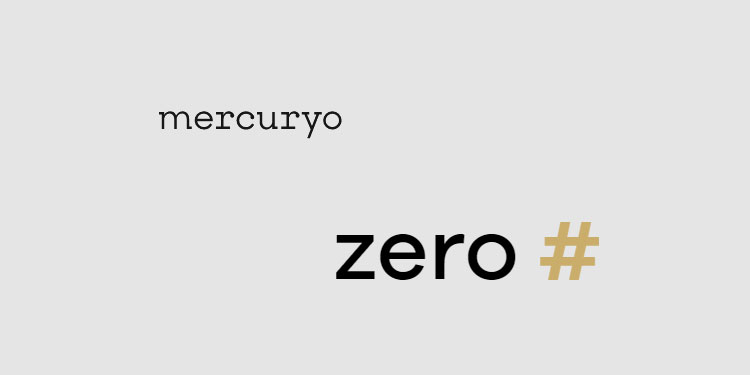Mercuryo, a European-based cryptocurrency payments provider, today announced a new partnership with Zero Hash, a U.S. digital asset settlement service, in order to provide access to its crypto-asset payment services for businesses and individuals in the United States.
Since its launch, Mercuryo has been serving over 600,000 users and 180 crypto projects and prominent enterprises, becoming a leading digital asset payment gateway provider in Europe.
Mercuryo features two flagship solutions: a digital asset wallet and a widget service. While the wallet provides access to seamless crypto-to-fiat and fiat-to-crypto transactions, businesses can integrate the widget directly into their apps or websites. With just a few clicks customers can purchase digital assets in their local currencies via Visa and Mastercard cards. The widget also supports Apple Pay and Google Pay services, so clients can buy crypto this way too.
“We are excited about entering the US market. We are observing an interest from this region – 41% of payments on our platform are made in US dollars. Our vision is to build a financial infrastructure that provides customers worldwide with easy and fast access to cryptocurrencies.”
– Petr Kozyakov, Mercuryo’s CBDO and co-founder.
Mercuryo’s partner firm is a registered Money Service Business under the oversight of FinCEN and a licensed Money Transmitter in over 40 US states, allowing the company to offer regulated payments solutions for all its customers across the country.
“We are pleased that Mercuryo is leveraging the Zero Hash compliance and technology infrastructure to service US customers. We empower innovators such as Mercuryo who are building Finance 2.0 by providing a turnkey and totally customizable solution for transactions in a regulated ecosystem.”
– Edward Woodford, Zero Hash’s CEO
To kickstart the expansion, Mercuryo closed a €2.5m seed funding led by the international venture capital fund Target Global.
The company’s ecosystem has achieved significant growth last year. Its turnover went up 50 times, reaching $75.5M in Q4 2020. The number of employees has also doubled.




















